Courses
Spring 2025
Childpage navigation
Lecture: “The Age of Empire”: British Imperialism and the Making of the Modern World (c. 1783-1914)
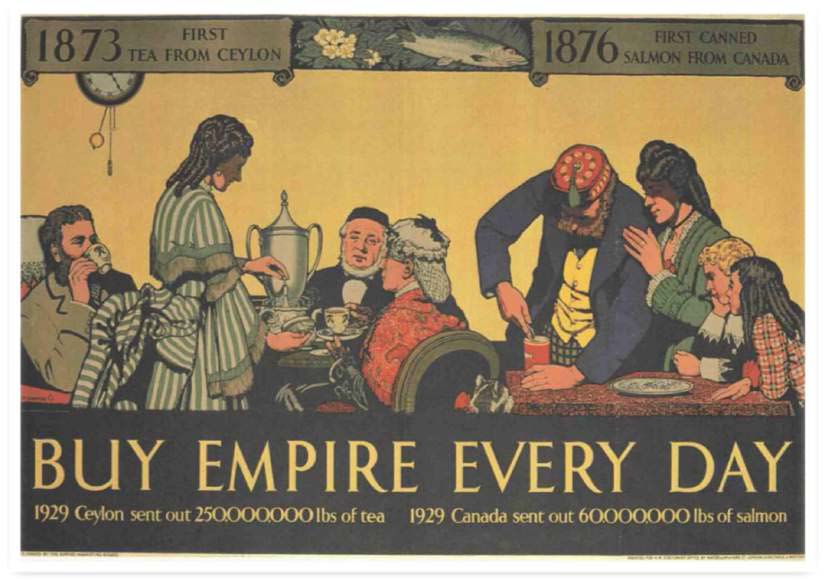
Prof. Dr. Harald Fischer-Tiné
TIME: Monday 12:15-13:45, begin: 17 February 2025
Room: IFW A36
Britain’s colonial expansion in the long 19th century had palpable consequences for states, societies, cultures and individuals on five continents. Using labels such as ‘anglobalisation’, some historians have recently attempted to re-interpret British Imperialism as a modernising force and a catalyst for positive change, inasmuch as it allegedly prepared the ground for the global integration of our days. Others, by
contrast, place emphasis on the negative effects of British colonial rule and point to the prevalence of violence, repression and environmental havoc wrought in countries under the Union Jack. This lecture allows students to form a well-grounded opinion on the British Empire’s balance sheet and its multifaceted legacies in the 21st century. It first offers case studies on various forms of imperial domination and
its effects, and examines how colonial rule played out in the Caribbean, India, Australia, South Africa and other places. The analysis of cultural and social dimensions of colonialism is the focus of the course’s second part, which deals with issues such as imperial migration or the effect of empire on gender, race and class relations – both in the various colonial territories as well as in the imperial metropole itself.
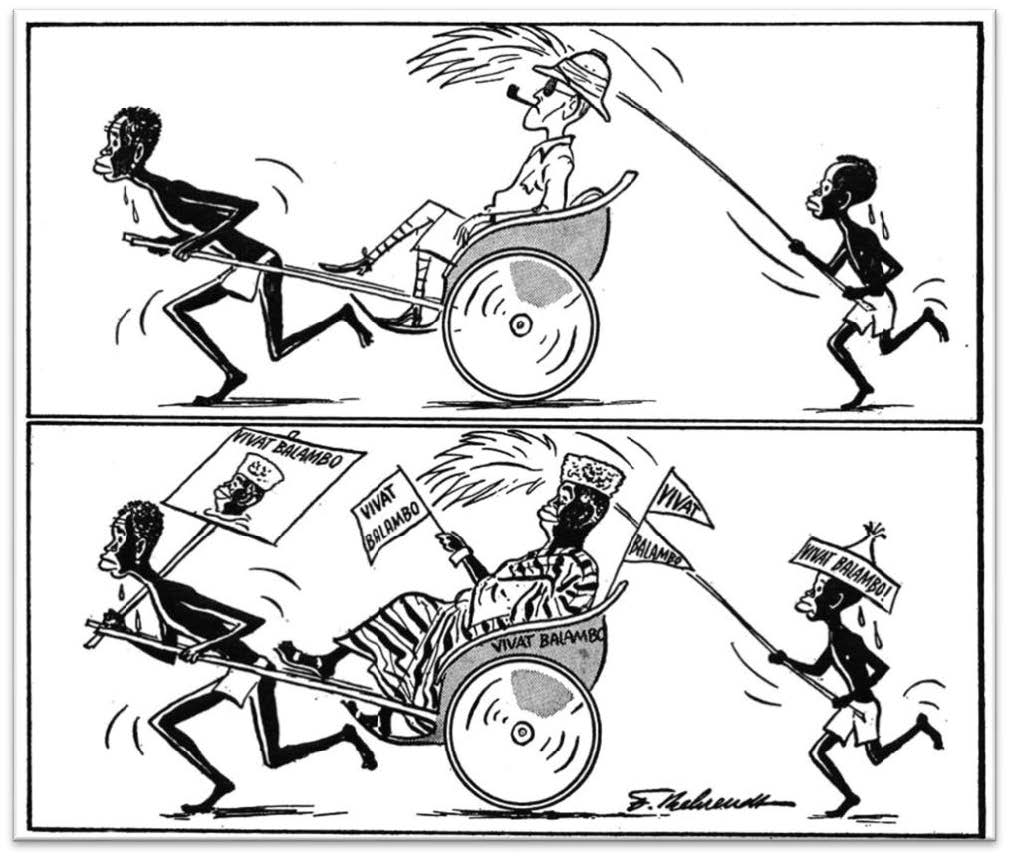
Lecture: GESCHICHTE II (GLOBAL) Anti-Imperialismus und Dekolonisation, (ca. 1905-1975)
Language: German
Prof. Dr. Harald Fischer-Tiné
TIME: Wednesday, 16:15-17:45
Room: HG D 1.1, Beginn: 19 February 2025
Die Vorlesung bietet einen historischen Überblick über den Niedergang und Zerfall der grossen europäischen Kolonialimperien in Asien und Afrika seit dem Ende des Ersten Weltkrieges. Da-bei steht die Geschichte antikolonialer Bewegungen ebenso im Mittelpunkt wie die Probleme nachkolonialen nation-buildings. Nach einer einführenden Sektion in den beiden ersten Vor-lesungen werden anschliessend anhand von sechs Fallbeispielen aus Asien, Afrika und dem Nahen Osten unterschiedliche Varianten des Ablaufs von Dekolonisationsprozessen heraus-gearbeitet und analysiert. Im letzten Block finden übergreifende Themen wie die Konstitution internationaler anti-imperialistischer Organisationen, die ideologische Vielfalt post-imperialer Weltentwürfe sowie, last but not least, die Spuren der kolonialen Vergangenheit in den Erin-nerungskulturen imperialer Nationen Berücksichtigung.
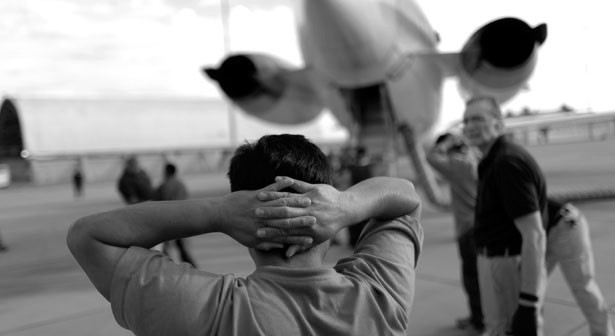
Lecture: Ausschaffen – Deportationen als Mittel der Migrations- und Bevölkerungskontrolle (Language: German)
TIME: Thursday 18:15 – 20:00
ROOM: Zoom / IFW A 36
LECTURER: PD Dr. Stephan Scheuzger
stephanmartin.scheuzger@gess.ethz.ch
Ausschaffungen haben sich in den letzten Jahrzehnten zu einem massenhaft eingesetzten Mittel staatlicher Migrations- und Bevölkerungskontrolle entwickelt. Entgegen der allgemeinen Wahrnehmung ist Ausschaffung ein äusserst komplexer Vorgang. Die historische Vorlesung diskutiert die „Normalisierung“ der Ausschaffung in globaler Perspektive, gerade auch unter dem Aspekt der involvierten Techniken und Technologien.
Doctoral Colloquium in History of the Modern World (Blockcourse)
DATE and TIME:
27.02. 16:00-18:00
13.03. 16:00-18:00
13.04. 16:00-18:00
LOCATION: tbc
In this colloquium, doctoral students can present their research plan, share a chapter of their thesis, discuss a problem they are facing with their sources, etc. They obtain feedback by postdocs as well by the peer students taking part in the colloquium. Postdocs as well as Teaching Assistants are most welcome to join too.
Colloquium: "Forschen in kolonialen Sammlungen: Auf den Spuren von Menschen, Objekten und Wissen"
Language: German
TIME: Monday, 10:15-12:00
LOCATION: tbc
Lecturers: external page Gesine Krüger & Monique Ligtenberg
Die Naturhistorischen Sammlungen der UZH und der ETH Zürich beherbergen Zehntausende von Objekten aus ehemaligen Überseekolonien – eine reiche Vielfalt an Gesteinen und Mineralien, Insekten, Tier- und Pflanzenpräparaten – obwohl die Schweiz selbst nie Kolonialmacht war. Die von Monique Ligtenberg kuratierte Ausstellung «Koloniale Spuren» stellt die im Kontext der europäischen Expansion erworbenen Dinge ins Zentrum, fragt nach deren Vergangenheit und beleuchtet den Zusammenhang zwischen Naturwissenschaft und Kolonialismus. Im Kolloquium wollen wir ausgehend von der Ausstellung diesen Spuren nachgehen und erforschen, wie Gesteine, Pflanzen und Tiere zu Sammlungsobjekten geworden sind und was sie als historische Quellen sein können, was die Sammlungen selbst zu Erkenntnisobjekten macht, wie sie geschichtswissenschaftliche Forschung herausfordern und was all das – also auch unsere eigene Arbeit – mit Kolonialismus zu tun hat. Das Kolloquium bietet die Möglichkeit zur Entwicklung eines eigene kleinen Forschungsprojektes als Grundlage für die Masterarbeit.
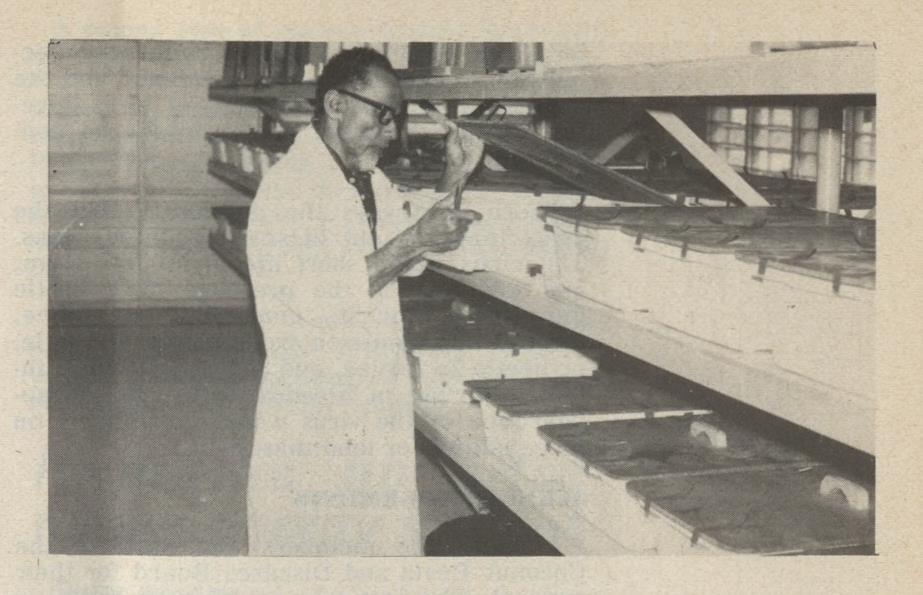
Seminar: Life Sciences in Agricultural Development: A Global Environmental History Approach
TIME and ROOM: see Download syllabus (PDF, 346 KB)
LECTURER: Dr. Tomás Bartoletti
tomas.bartoletti@gmw.gess.ethz.ch
The seminar explores the history of life sciences in contexts of agricultural development during the 20th century. It offers an overview of recent approaches in global history and environmental humanities while providing an analytical framework to understand global processes of natural resource exploitation, technoscientific innovation, knowledge formation, and imperialism.
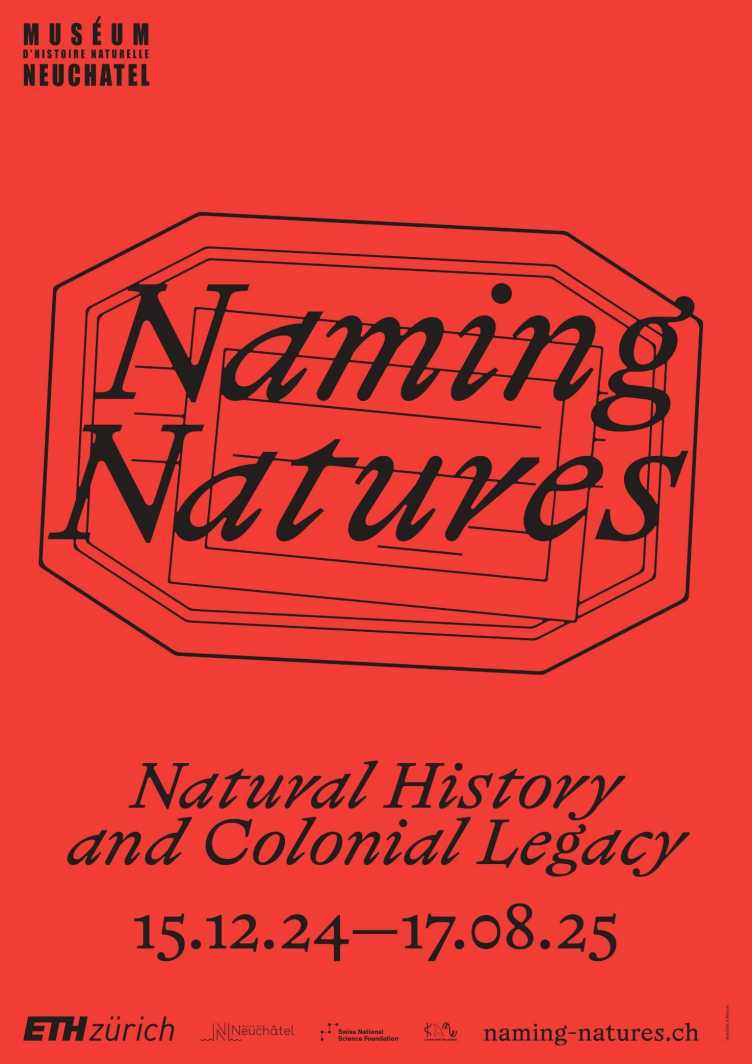
Seminar: Public History and Decolonial Practices in Natural History Museums
TIME and ROOM: see Download syllabus (PDF, 563 KB)
LECTURER: Dr. Tomás Bartoletti
tomas.bartoletti@gmw.gess.ethz.ch
The seminar presents the current state of public debates and curatorial practices regarding natural history museums and the history of scientific collections. It offers an overview of recent approaches in public history, with a focus on decolonial strategies, while providing critical insights and practical tools to reflect on the history of museums and institutional collections and develop future projects in this direction.
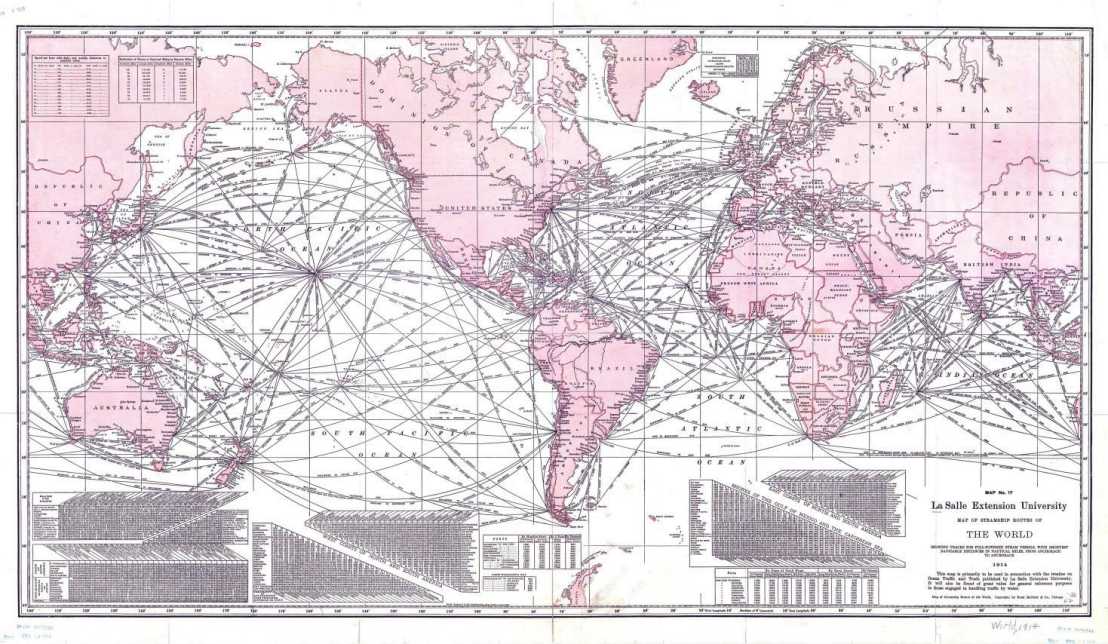
Joint Research Colloquium: Extra-European History and Global History (ETH-UZH)
Thursdays, 16:15 - 17.45, RAA-G-15 (University of Zurich), Prof. Dr. H. Fischer-Tiné (ETH), external page Prof. Dr. Roberto Zaugg and external page Prof. Dr. M. Dusinberre (UZH)
The fortnightly colloquium provides a forum for PhD students and postdoctoral researchers to present and discuss their current work. Half of the slots are reserved for presentations by invited external scholars.